Why Doing It All Doesn’t Work
July 2025 / ANastasiia skurtul
How overextension threatens your impact—and what to do instead
At Stonerock Business Solutions, we work with some of the most committed people out there—nonprofit leaders, small business owners, founders, and changemakers who are building something real.
And more often than not, they come to us in the middle of the whirlwind.
They’re writing grants, running programs, managing staff, planning events, handling marketing, navigating compliance… and still answering emails at 10 PM.
We get it. We've been there. And we’ll be honest:
Trying to do it all is often the fastest way to stall your growth.
The Myth of “More Means Better”
There’s a common narrative in mission-driven spaces that if you're not doing it all, you’re not doing enough. That if you just push a little harder, sleep a little less, multitask a little more—you’ll finally catch up.
But here's the truth:
You can’t build something sustainable when you're stretched to the point of breaking.
When everything is a priority, nothing really is.
When you’re constantly reacting, you lose the ability to plan.
When you’re overwhelmed, quality drops—and so does your confidence.
What It Looks Like in Practice
Trying to do it all often shows up like this:
- Grant deadlines slipping through the cracks because no one had time to build a pipeline
- Donor relationships going cold because follow-up wasn't tracked
- Programs launched without proper evaluation tools
- Messaging that feels off-brand because comms, development, and leadership aren't aligned
- Burnout simmering beneath the surface—until it boils over
Sound familiar?
What to Do Instead
You don’t need to do it all. You need to do what matters most—and do it well.
Here’s what that actually looks like:
1. Prioritize with Intention
Every organization has limits. The most successful ones are clear about what they’re saying yes to—and what they’re not. Focus on what will move the needle.
2. Build Systems, Not Fire Drills
Putting out fires every week is exhausting. Instead, build workflows that make your life easier. Set timelines, templates, checklists, and routines so you’re not starting from scratch every time.
3. Delegate or Ask for Help
You don’t need to be the expert in everything. Whether it’s bringing in a grant consultant, hiring a bookkeeper, or asking a board member to take on a task—support is not a luxury, it’s a necessity.
4. Give Yourself Permission to Pause
Rest is productive. Perspective is powerful. You can’t lead well if you’re constantly in survival mode. Take a step back. Rethink the load.
When you try to do it all, you often end up doing the wrong things—or doing the right things halfway.
You don’t need to prove your worth by pushing to the edge.
You don’t need to hustle harder to make impact happen.
You need clarity. You need strategy. You need support.
And that’s exactly what we’re here for.
Let’s stop glorifying the overwhelm—and start building smarter.
